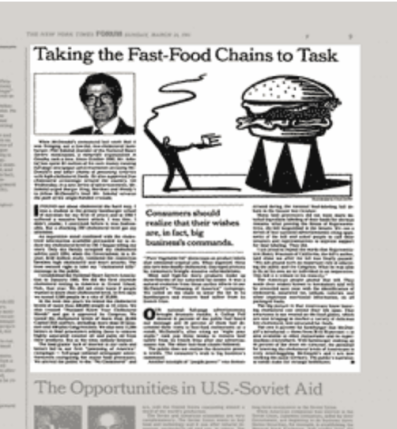
In the McDonald’s Broke My Heart podcast, Malcolm Gladwell starts by telling listeners how “McDonalds betrayed him so many years ago.” This happened because they stopped frying their fries in beef tallow. His ultimate goal was to help the fries return to how they once were. However, the podcast was focused on the goals of Phil Sokolof. Sokolof spent millions of dollars going against saturated fat and cholesterol in fast food establishments, especially McDonalds. He convinced McDonalds to swap the beef tallow for vegetable oil on July 23, 1990. While this may have been slightly healthier, there were other factors. Fryers started letting off a mist that left McDonalds sticky and the workers overalls could spontaneously combust. The new oil left dangerous compounds called aldehydes. Gladwell conducted experiments to see what people would choose, the new fries, or the old beef tallow ones. The vote was unanimous to the old ones.
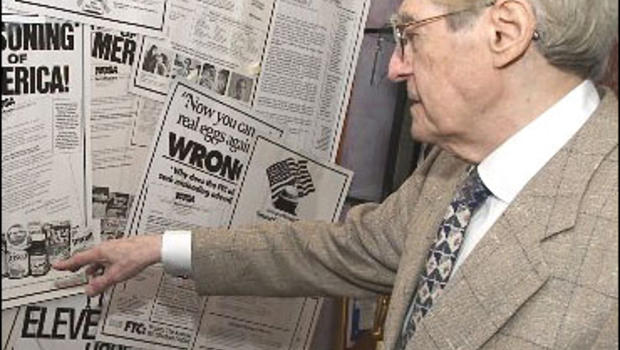
|
Grounds |
Warrants |
Conclusion |
|
|
|
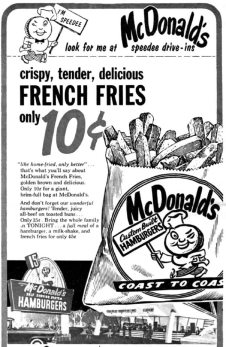
The Basement Tapes Episode was about a study that Ivan Frantz Jr. did with saturated fats and how it affected the human body in terms of heart disease. The podcast talks about the “traditional diet-heart hypothesis,” a study that wanted to show the world how saturated fats could give people a higher risk of heart disease. They wanted a group of individuals to eat foods with vegetable oil while the other group had foods cooked with saturated fats. The group of individuals came from six different mental hospitals and one nursing home. This totalled to more than 9,000 individuals. In the end, a part of the study worked like they had hoped. The people who ate the foods with vegetable oil did have lower cholesterol than those who ate foods with saturated fats. However, they did not live longer like they thought. Once Frantz got the results that he did not want, he just kinda hid them from the public, only letting a little be known to the world. After a couple of decades, a man named Christopher Ramsden wanted to look at the study that Frantz did. Ramsden wanted to take a second look at the study to find out where it possibly went wrong. His team wanted to investigate what Frantz investigated. They wanted to know how saturated fats affected the body in health relations. What they found out through this study and the Sydney study was that the replacement of the bad fats with linoleic acid does lower serum cholesterol, but it does not support the hypothesis that Frantz was trying to achieve. Substituting saturated fats with linoleic acid does not help people to live longer.
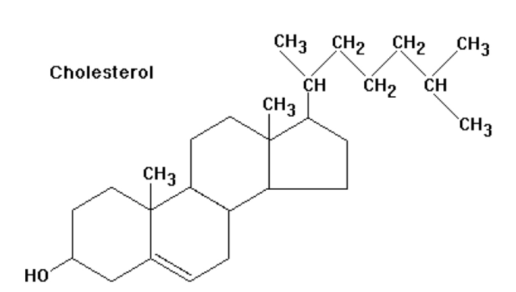
The McDonald’s episode informed us that fast food restaurants were using animal oils and fats to fry their food in. After realizing how bad this was for you they switched to vegetables oil which was much healthier for you. However, according to the Ramsden and Frantz study vegetable oil was unhealthy for you as well. Vegetable oil contains Linoleic acids which can be very bad for you if not eaten properly! So according to Ramsden and Frantz not only animal oil is bad for you but also vegetable oil.
Science is forever changing, but science is broken down into many different disciplines. We believe that due to the disciplinary sciences, the way people view problematic ideals are altered. A disciplinary science is a particular branch of science that provides information on a particular subject. This would affect the way that people view problematic ideas because of the consistent changes in the sciences. For example, if a large shopping center was built out in the middle of nowhere, economically it would be a bad decision due to location. If the business was built-in the low-income suburbs, it would be both good and bad. Economically it would be a great idea because of the amount of people in the location coming to the business. It also would give more jobs to people surrounding. But it also would be a bad move because then it could run out the little guy businesses and the local low-income families because then the prices of the houses could go up. In the podcast, we can say that if we were to diet more and eat healthier, America wouldn’t be so unhealthy, but people love the taste of the food more than they think of the effects it has on the body. The point of the example is that there is two sides to the problem. Using the disciplinary sciences, we are able to understand both sides of the situation and alter the way we go about doing things.
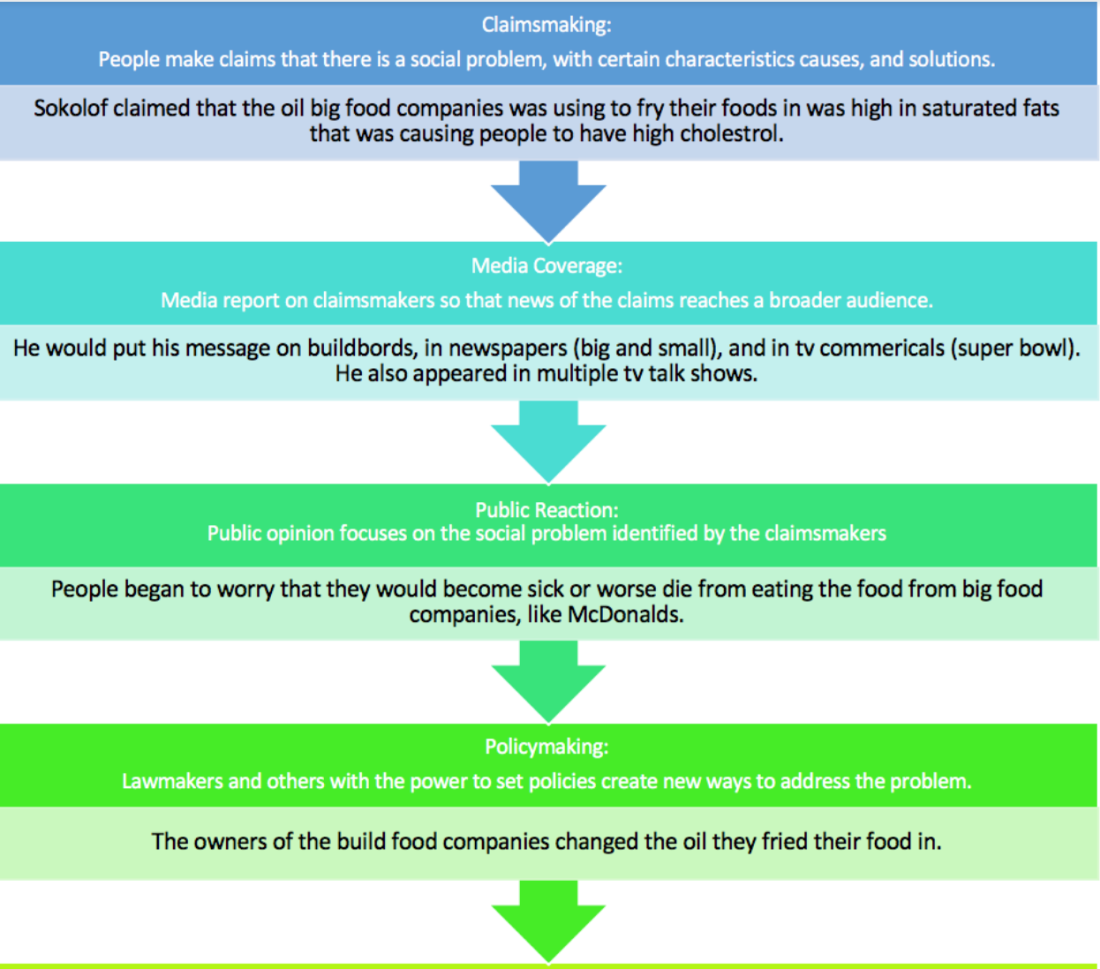
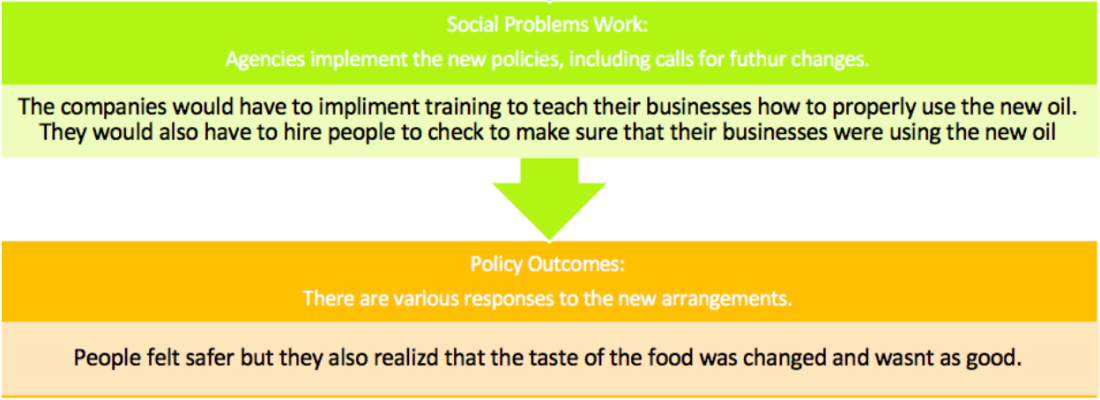
Too much Linoleic Acid is a health hazard and can lead to Heart Disease
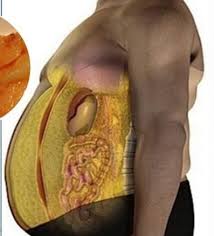 (Photo from Google Images)
(Photo from Google Images)
In the basement tapes podcast, we get a first look at the discovery of problems with dietary linoleic acid. We are trying to show the people in America that too much Linoleic Acid is a health hazard and can lead to heart disease. We may have to do Geographic Segmentation where we focus on certain states or cities of residence with more fast food chains. We would possibly even segment by social class to determine who eats more of the fast foods with linoleic acids.
While it is suggested that linoleic acid may reduce the risk of heart disease and early death while also helping with weight loss, it is also a risk to our bodies when eaten too much. According to results from the Sydney Diet Heart Study, it showed that replacing saturated fat with vegetable oil, rich in linoleic acid, actually increased the risk of death from heart disease. According to Alive by Nature, now the intake is quite high at about 7% of total calorie intake, on average. This compares to the 2-3% intake of calories 100 years ago.
These false acquisitions contributed to a high intake of linoleic acid through vegetable oil in all throughout the US. We increased the intake of linoleic acid through fast food establishments such as McDonald’s, Wendy’s, Burger King, and others. The appeal to these food establishments grows with the idea of a fast-paced life. People want something quick and simple and go to these places for just that. As stated above, the intake is quite high at about 7% of total calorie intake, on average. This compares to the 2-3% intake of calories 100 years ago. There was even a re-evaluation of the Minnesota Coronary Experiment.
Linoleic acid is an essential amino acid that’s healthy in moderate amounts. Although we don’t exactly know why linoleic acid is unhealthy in large amounts, there are some ideas. A high ratio of omega-6 to omega-3 in the diet may promote systemic inflammation. Also, higher linoleic acid intake increases the levels of oxidized linoleic acid in many body tissues. Oxidized linoleic acid has been associated with several chronic diseases, including heart disease.
We need to do something about this problem. We could promote a healthy lifestyle and add healthier choices to the menus of fast food restaurants. We could also study to find a healthier option to the linoleic acid in vegetable oils. Or maybe even limit the serving size on the fast food orders.
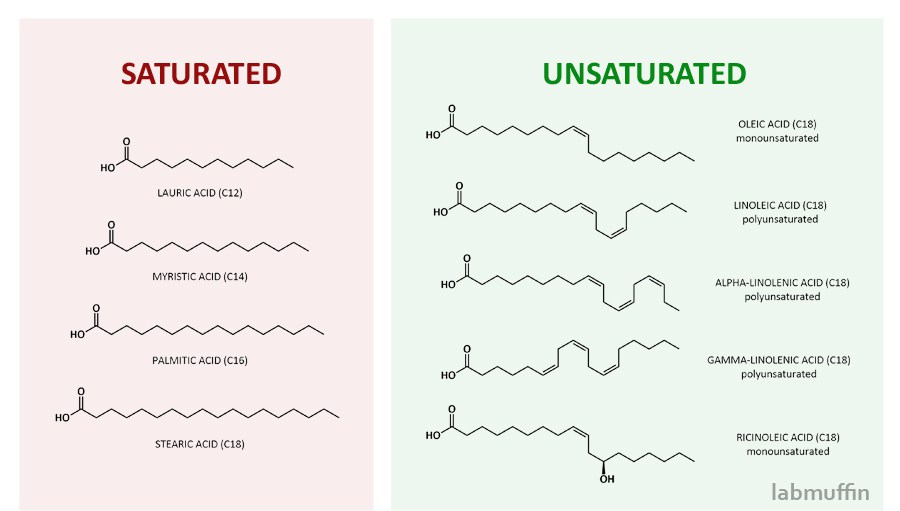 (Photos from Google Images)
(Photos from Google Images)
Cultural Opportunity is a situation when a shift in popular ideas makes it possible to change how a particular troubling condition is addressed. Sokolof took advantage of a cultural opportunity by changing the minds of Americans on their diets and the CEO’s of fast-food companies. By going along with his example, our group could give statistics on how bad fast food really is to our health. We could also take advantage of this opportunity by showing parents how to meal prep for the week to make sure they know what they are eating and they know that it is healthy for them.

Political opportunity is when the claims arise when the distribution of the power between groups shift so that changes that would have been successfully resisted can now be put into action. Our group could take advantage of these political opportunities by taking some past protests and turning them into something new and more understanding of the current population. We could also help get a movement going for a new and healthier alternative to the bad fats and acids that are currently taking over the fast food industry.

